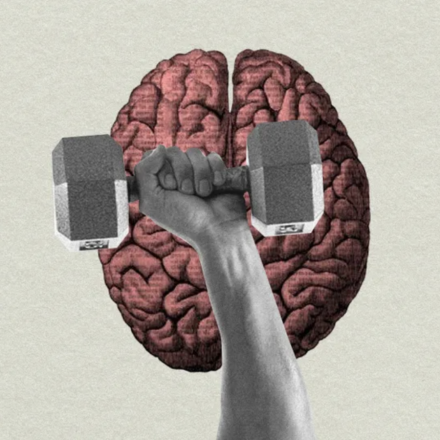Recent research shows that by the age of 40, our brain begins to exhibit some changes that might be perceived as negative. We become more easily distracted, process information more slowly, and find it harder to recall specific facts. For example, the ability to quickly remember names peaks in our 20s and then starts to decline.
However, these changes should not be a cause for concern. Science also indicates that at 40, we gain significant advantages that compensate for the decline in cognitive speed. While our ability to process data quickly diminishes, maturity, intuition, and life experience become our strengths. We better understand the essence of situations, manage our emotions more effectively, and are adept at resolving conflicts. These skills help us handle life's challenges more successfully.
In adulthood, we become more adept at managing finances and quickly find logical explanations for events. We are more attentive to others, showing greater empathy and care. Additionally, which is crucial for our sense of self, we are less anxious and more composed in stressful situations.
Thus, despite changes in information processing, maturity brings wisdom and stability. These qualities allow us to enjoy the richness of experience and inner peace that are vital for a fulfilling and harmonious life. At 40, we can view the world from a new perspective, finding joy and satisfaction in our achievements and relationships, making this age special and significant.


















